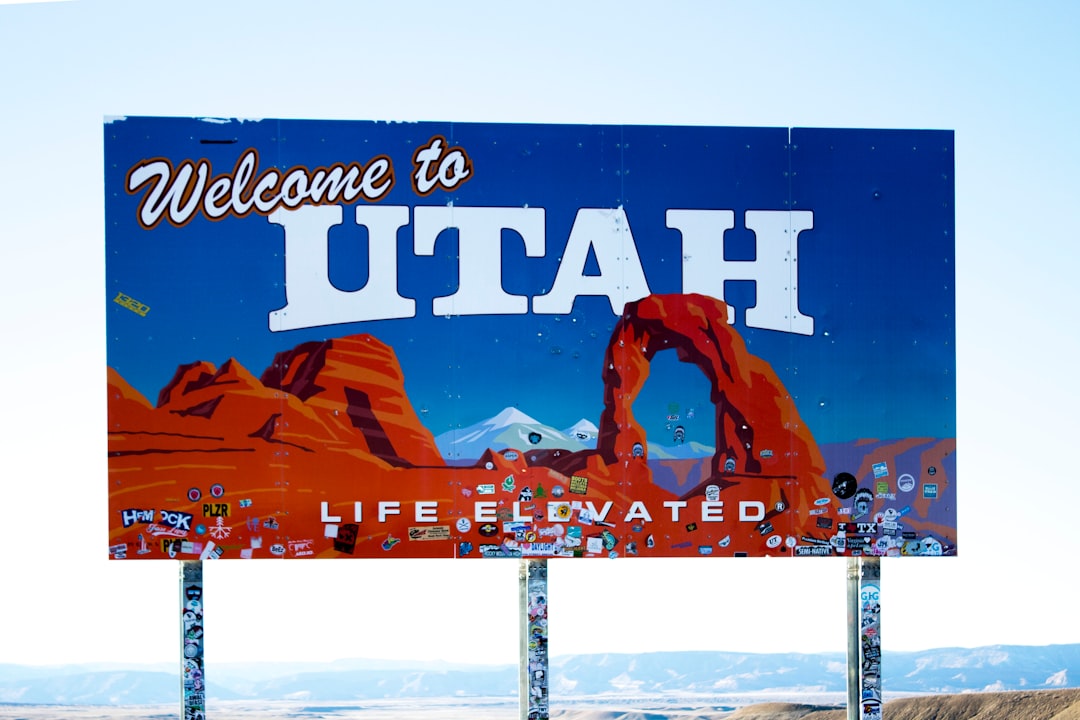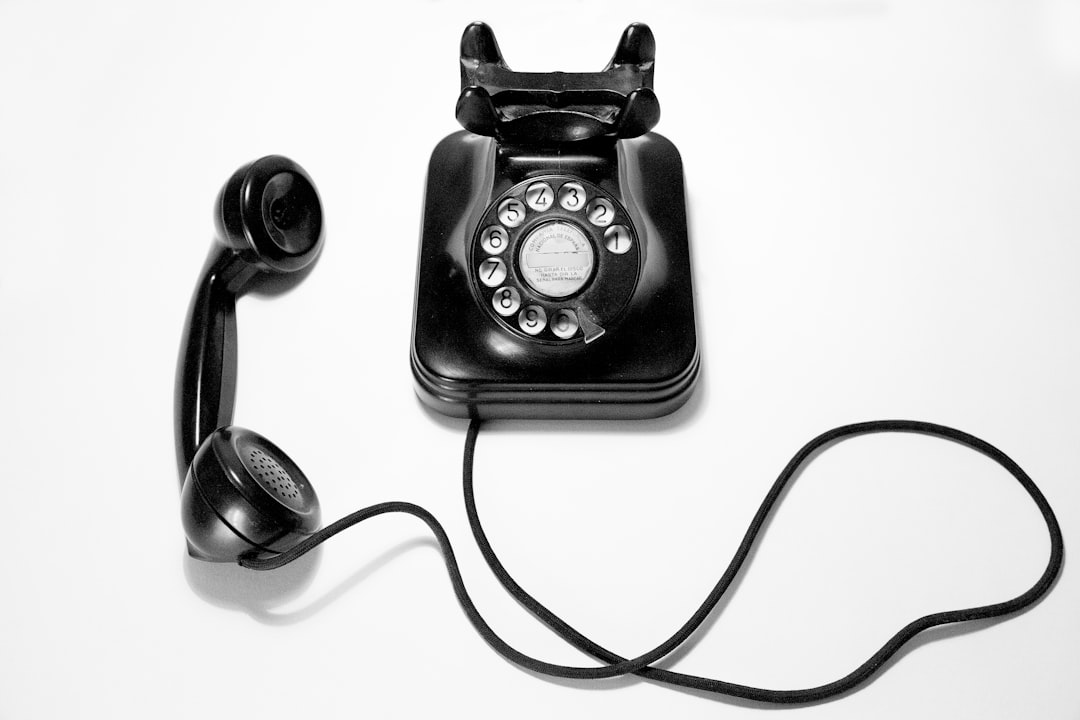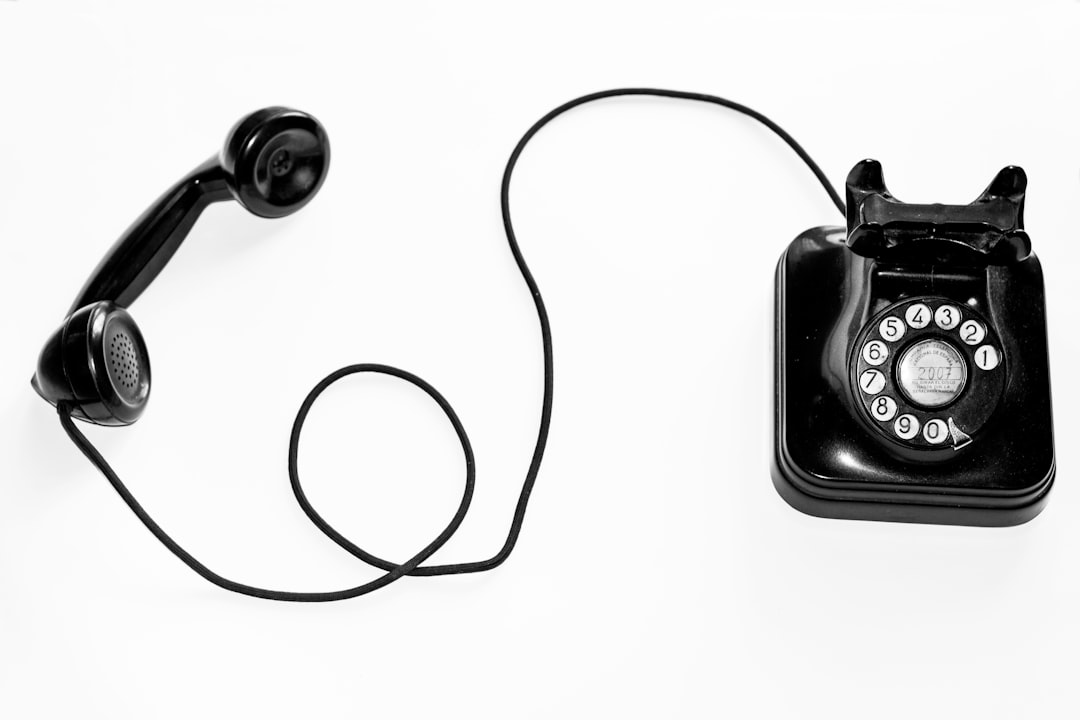In Utah, understanding the state’s Do Not Call laws is your first line of defense against unwanted and potentially scam calls. This guide equips Utah residents with knowledge on distinguishing legitimate calls from fraudulent ones. Learn the common signs of a genuine caller, identify red flags, and discover verification techniques to ensure you’re not caught in a scam. Discover best practices for protecting yourself and your personal information from cunning con artists targeting the Beehive State.
Understanding Do Not Call Laws in Utah

In Utah, like many states, there are strict Do Not Call laws designed to protect residents from unwanted telemarketing calls. These laws give consumers the right to opt-out of receiving most types of sales or promotional calls. Understanding these regulations is essential when trying to identify legitimate versus scam calls.
Utah’s Do Not Call list is managed by the Utah Department of Commerce, which enforces the rules and ensures compliance by businesses. Residents can register their phone numbers online, either through the state’s official website or third-party services, to avoid receiving calls from telemarketers. Once registered, it becomes illegal for companies to call those numbers without prior express consent. This provides a powerful tool for consumers to protect themselves from persistent or harassing calls, and it’s one of the first steps in distinguishing between genuine sales efforts and potential scams.
Common Signs of a Legitimate Call

Red Flags Indicating a Potential Scam

How to Verify the Authenticity of a Call

To verify the authenticity of a call, especially if it’s claiming to be from a government agency or a well-known organization, start by examining the caller ID. Scammers often use spoofed numbers that appear legitimate but are actually fake. If the number seems suspicious or doesn’t match the supposed organization, hang up immediately. Utah’s Do Not Call Laws provide protection against unsolicited calls, so understanding these laws can help you identify potential scams.
When in doubt, don’t hesitate to contact the organization directly using a verified phone number from their official website. This is particularly important for financial institutions, tax agencies, or any entity requesting personal information. Always verify requests for sensitive data by calling back on a number you know is legitimate.
Protecting Yourself: Best Practices for Utah Residents

In Utah, protecting yourself from scam calls is essential, especially with the prevalence of fraudsters targeting residents. One effective strategy is to familiarize yourself with the state’s Do Not Call Laws. These laws provide a robust framework to safeguard your privacy and reduce unwanted calls. By registering your phone number on the official Do Not Call list, you can significantly cut down on marketing and telemarketing calls. Regularly reviewing and updating this list ensures that your number remains protected.
Additionally, staying vigilant and using caution when answering unknown calls is crucial. Be wary of any urgent requests for personal information or financial details. Legitimate organizations typically provide clear identification and do not pressure you into immediate decisions. Utah residents should also consider utilizing call-blocking apps and services that can identify and block scam calls, offering an extra layer of protection in today’s digital landscape.






